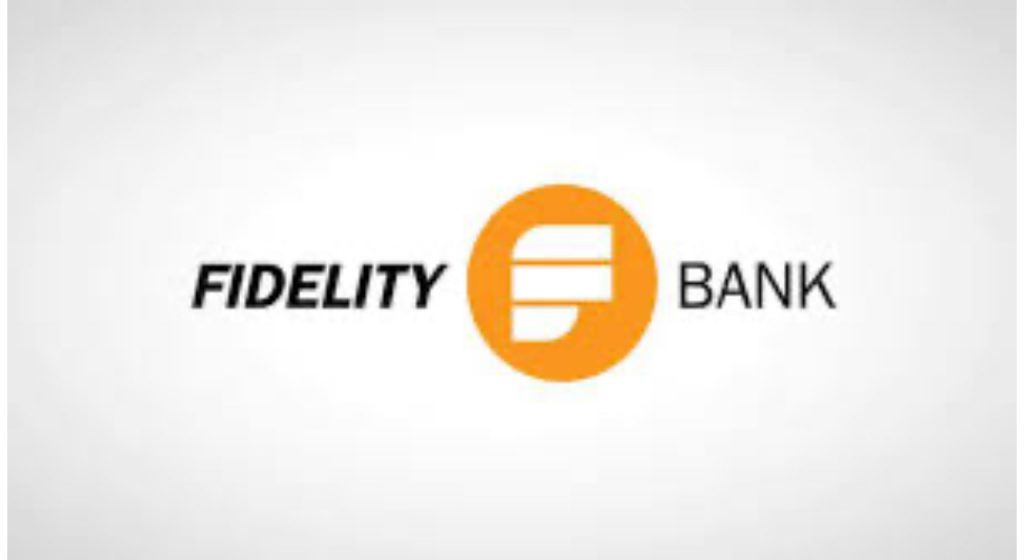- Fidelity Bank’s operating income rose by 15% in 2024, with profit before tax up by 4%, deposits jumping ~40% year-on-year.
- It has launched seasonal GreenTech grants, creative sector funds, deepened agricultural lending to 10% of its portfolio, and won multiple awards for ESG, SME banking, and inclusion.
From Discount House to Ghanaian Banking Powerhouse
Fidelity Bank began in October 1998 as a discount house, offering investment-oriented products that won favour with clients seeking returns and innovation. Over time, its customers asked for broader banking services. Seizing that opportunity, the company obtained a universal banking licence on 28 June 2006, transitioning into full banking operations. Since then it has placed emphasis on professional staffing, technology investment, strong corporate governance, and deep knowledge of the local market. The bank’s stated vision is to provide superior returns for all stakeholders—shareholders, employees, customers, regulators—and above all maintain a customer-centric culture.
Also read: Finance Trust Bank: Innovating financial inclusion in Uganda
Also read: DFCU Bank Limited: Innovating banking solutions in Uganda
Recent Innovations & Fidelity Bank in Action
Under Managing Director Julian Opuni, Fidelity has delivered robust performance even amid macroeconomic headwinds including inflation, exchange rate instability, and regulatory pressures. In 2024, its total assets increased by 28%, deposits grew by about 40%, and the non-performing loan ratio held below industry averages.
Fidelity has also significantly expanded its support for SMEs and agriculture. It has allocated 10% of its loan portfolio to agriculture—well above industry norms—and launched the GreenTech Innovation Challenge (GTIC) to support innovators in the agricultural sector with grants and mentorship. The GTIC 2025, for example, is tailored to early-stage GreenTech ideas; 16 teams will receive funding and business development support.
In parallel, Fidelity is also pushing into creative economies: Orange Inspire is a fund to back creatives; other programmes emphasise financial literacy in local languages, use of digital banking channels, robotics, and partnerships with fintechs for underserved markets.
Challenges and the Path Forward
The banking environment in Ghana presents difficulties, including constrained funding, currency volatility, inflation, and regulatory changes like the domestic debt exchange scheme. Managing non-performing loans and preserving asset quality are also major issues, particularly in industries like agricultural. Customer expectations must also be met by technology adoption, and there are still gaps in the dependability of digital services.
Nonetheless, Fidelity’s trajectory suggests a strategy based on resilience, careful risk management, and innovation. The bank is embedding ESG principles (environmental, social and governance) in its loan origination and operations; its ‘Waste to Cash’ programme, recent ESG bank awards, and customer-serving digital initiatives underscore this commitment.

